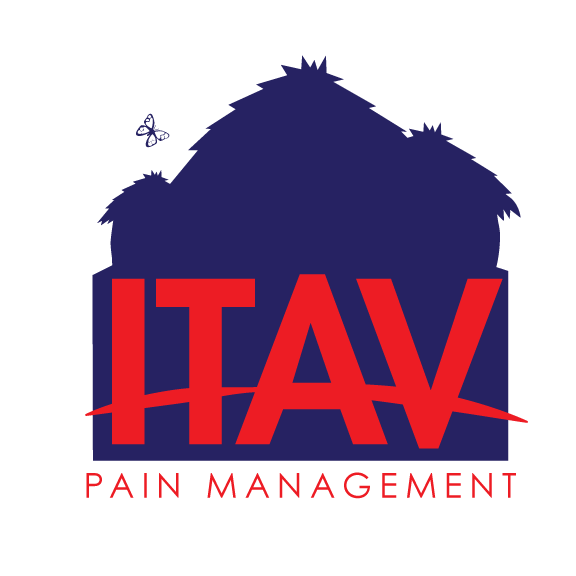Medications including but not limited to :
-
The whole gamut of 'nerve pain medications' or anti-neuropathics such as lyrica, gabapentin, etc.
-
Anti-inflammatory medications - either oral, transdermal ( skin) or gels- this includes medications like meloxicam, diclofenac etc.
-
Opioid medications where applicable
-
Muscle relaxants such as tizanidine etc
-
Other numerous medications used in pain management
Prescription Medications
Joint Injections
-
Sacro-Iliac joint injection
-
Trochanteric bursa injection
-
Knee injections
-
Hip injections
-
Shoulder injections
-
Injections of other painful joints in upper and lower extremities
-
Lumbar facet joint injecitons
-
Cervical facet joint injecitons
-
Physical therapy
-
Occupational therapy
-
Accupuncture referral
-
Chiropractic care referral
-
Massage therapy
-
Smoking cessation
-
Establishment a home exercise program
-
TENS unit, Theracane etc
Therapy & Adjuvants
Advanced Techniques
Medical Marijuana
The Compassionate Care Act in the state of New York has made Medical Marijuana accessible to many deserving patients and I have seen first and foremost patients who had tried various other modalities without relief e.g. from chronic pain get some relief with use of medical Marijuana. It is not a cure-all, no medication is but it is added modalities we can use.
At ITAV we provide the latest in management of cancer pain to ensure that those with cancer do not go through the journey in pain.
-
Spinal cord stimulator trial
-
Discogram
-
Radiofrequency ablation
Cancer Pain Care
-
Biofeedback
-
Yoga
-
Meditation
-
Stress management and Coping mechanisms
-
Tai Chi
-
Lumbar medial branch blocks
-
Thoracic medial branch blocks
-
Cervical medial branch blocks
-
Occipital nerve blocks
-
Injections for pain after hernia surgery ( ilioinguinal nerve blocks)
-
Lumba sympathetic nerve blocks
-
Peripheral nerve blocks such as sciatic, popliteal nerve blocks
Epidural Steroid Injections
& Trigger Point Injections
-
Trigger point injections
-
Lumbar epidural steroid injections
-
Transforaminal epidural steroid injections
-
Cervical epidural steorid injections
-
Caudal epidural steroid injecitons
Behavioral Techniques
Treatment Services
At ITAV we use a multimodal approach to management of pain. We know that pain is challenging to the patient and we know that the patient would not be in our clinic seeking help unless that pain has significantly impacted their way life. With this in mind we seek various ways to manage the pain knowing well that time and research has taught us that chronic relief and improved function is seen by using various techniques and not just one modality. To this end we incorporate use of the following modalities:



